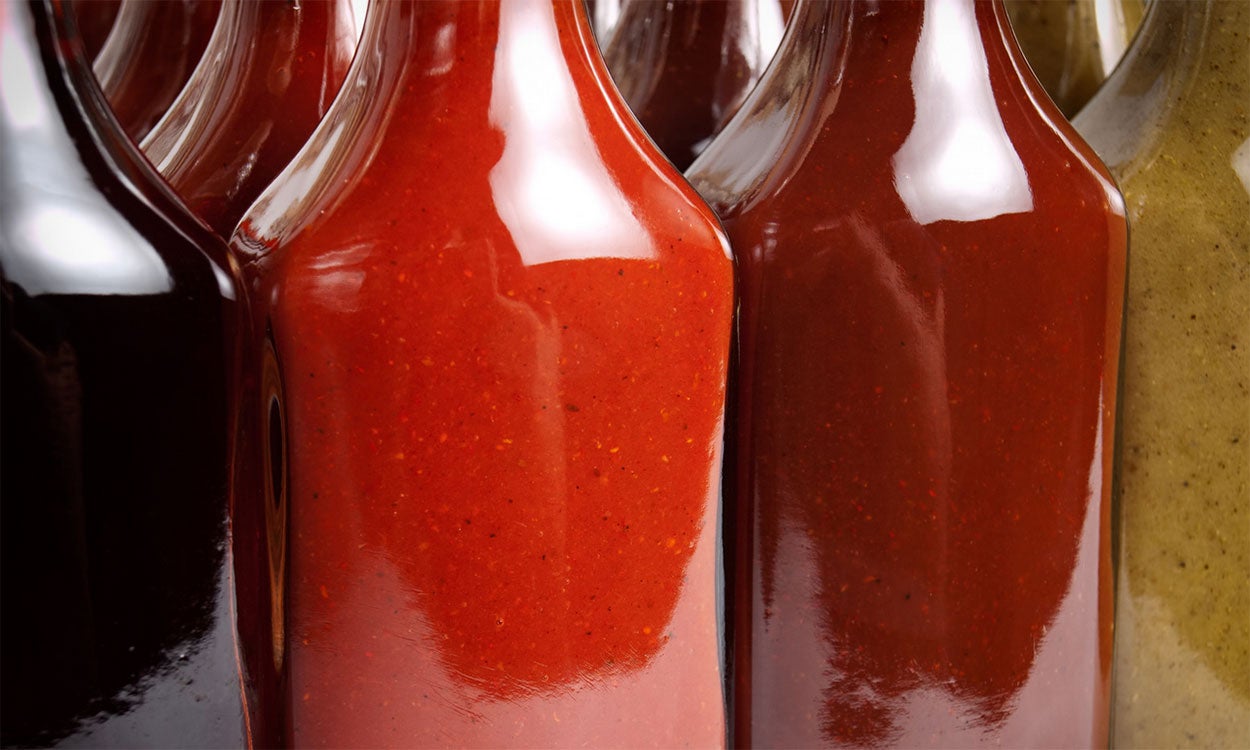Why Does Hot Sauce Hurt My Stomach? Insights and Solutions
Written By James Morgan
As a devoted barbecue enthusiast, it's not just about cooking meats to perfection; it's also about experimenting with various flavors. One of these bold flavors is hot sauce. Whether you're glazing ribs or spicing up your grilled vegetables, the *kick* of hot sauce can elevate your dish. However, many wonder, 'why does hot sauce hurt my stomach?' This question sheds light on a common experience that can ruin your barbecue feast.
In this article, we'll dive deep into the science behind hot sauce, common ingredients that can lead to discomfort, digestive health concerns, and some solutions to enjoy hot sauce without the negative side effects. Let's get started!

Understanding Hot Sauce and Its Ingredients
Before delving into why hot sauce can cause stomach pain, it is essential to explore what makes up hot sauce. The two main ingredients are *chili peppers* and *vinegar*. While chili peppers provide heat, vinegar adds tanginess.
Capsaicin and Its Effects
Hot sauce typically contains *capsaicin*, a compound found in chili peppers that creates the spicy sensation we all know. But what happens when we consume it? Capsaicin can irritate the stomach lining, especially when consumed in large quantities. This irritation can lead to feelings of discomfort or, in some cases, *stomach pain*.

Common Reasons Hot Sauce Harms the Stomach
Now that we've established the basic ingredients, let's look at specific reasons why hot sauce might bother your stomach.
1. Acidic Nature
Hot sauce is highly acidic due to vinegar. For some, consuming acidic foods can lead to *heartburn* or acid reflux. If you're already prone to these conditions, adding hot sauce to your meals may exacerbate the issue.
2. Spiciness and Gastric Sensitivity
Everyone has a different tolerance for spiciness. If you have a sensitive stomach, even mild hot sauces can be problematic. The *burning sensation* is not just on your taste buds but can also affect your digestive system, leading to discomfort or pain.
3. Additives and Preservatives
Many commercial hot sauces include additives, preservatives, and even *sweeteners*. Ingredients like sodium benzoate can trigger allergic reactions or irritate digestion for some individuals. It's vital to read the labels and see what you're really consuming.

Managing Hot Sauce Consumption
So what can you do if you love the flavor of hot sauce but want to avoid stomach pain? Here are some tips:
1. Start Small
If you're new to hot sauce, start with a small amount and gradually increase it as your palate adjusts. This method allows your stomach to become accustomed to the spice.
2. Pair With Dairy
Dairy products like yogurt or sour cream can help neutralize the heat and acidity of hot sauce. Adding these to your dishes can help reduce discomfort while allowing you to enjoy the bold flavors.
3. Make Your Own Hot Sauce
Homemade hot sauces allow you to control the ingredients. You can limit the acidity or remove additives that may irritate your stomach. Here's a guide on how to make a simple hot sauce that is tailored to your taste.
When to Seek Medical Advice
If you frequently experience stomach pain after eating hot sauce, it might be time to consult a healthcare professional. They can help identify any underlying conditions and give personalized advice.
FAQs
1. Is hot sauce bad for everyone?
No, not everyone experiences adverse effects from hot sauce. Individual tolerance varies based on factors like gastric health and personal preferences.
2. Can I eat hot sauce without pain?
Yes, by moderating your intake, consuming dairy, and choosing milder sauces, you can enjoy the flavor without discomfort.
3. If I avoid hot sauce, what can I use for flavor?
Consider using milder spices like paprika or herbs to boost flavor without the heat. You can also try various flavor combinations that suit your palate.
As an Amazon Associate, I earn from qualifying purchases.



